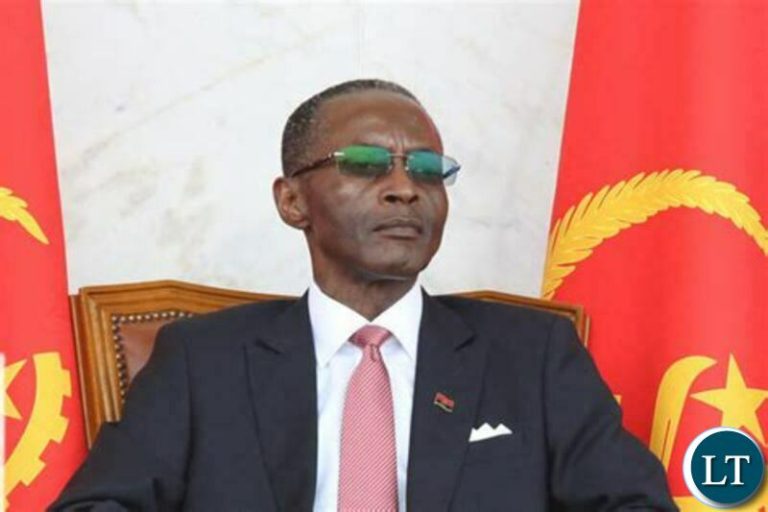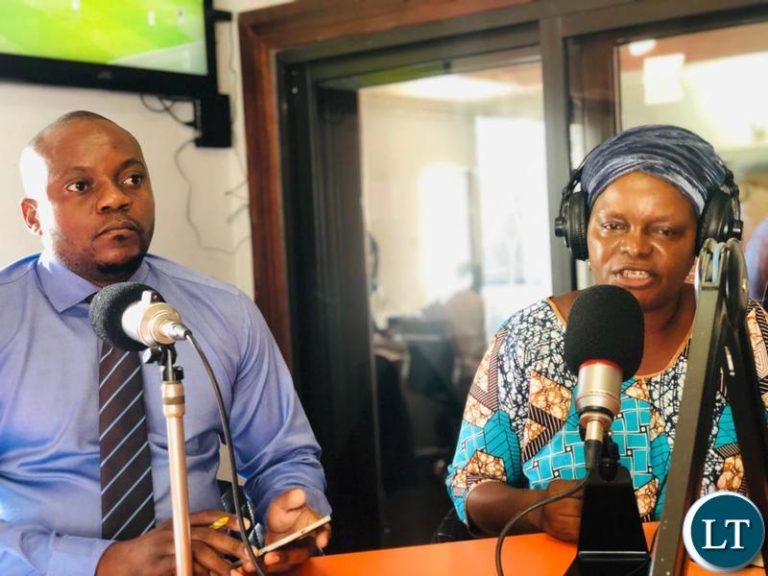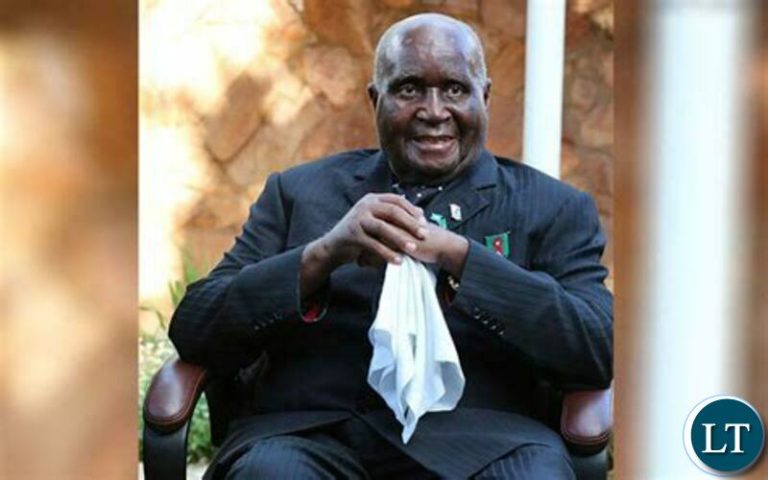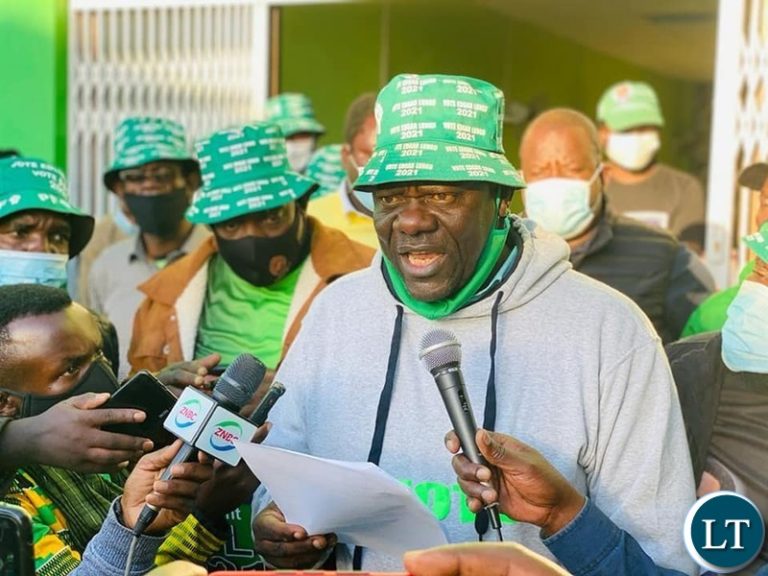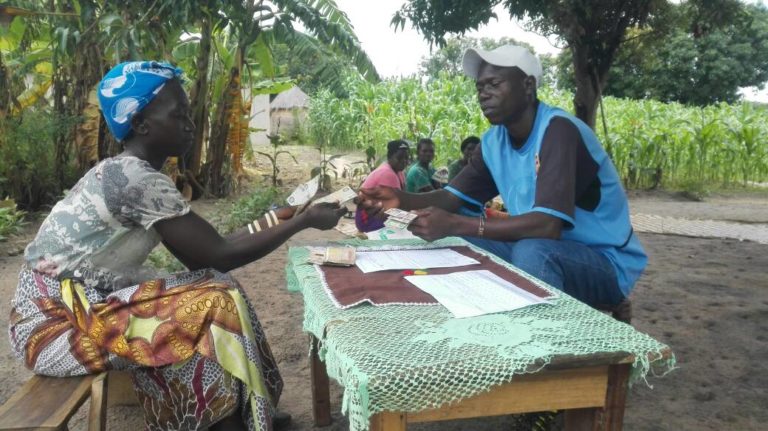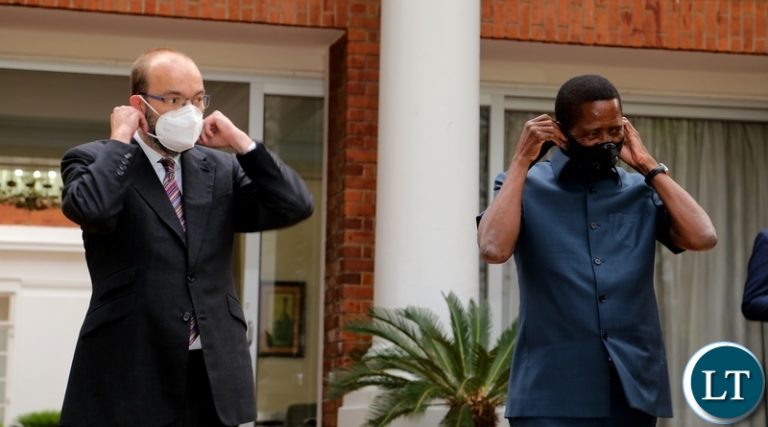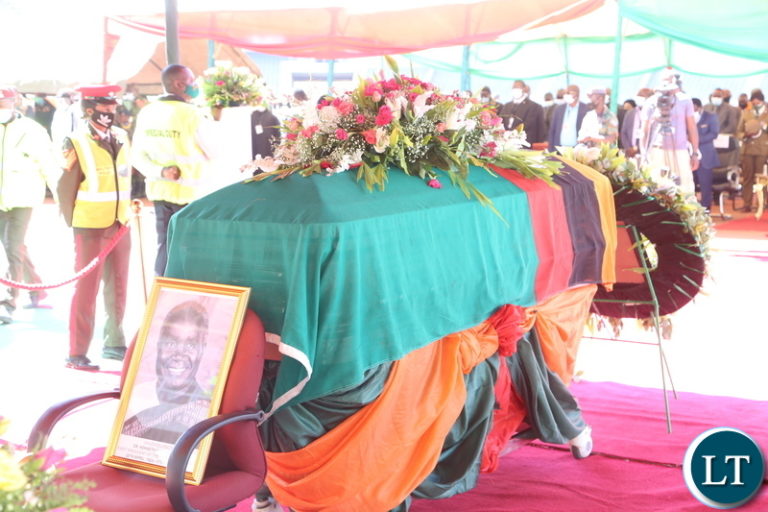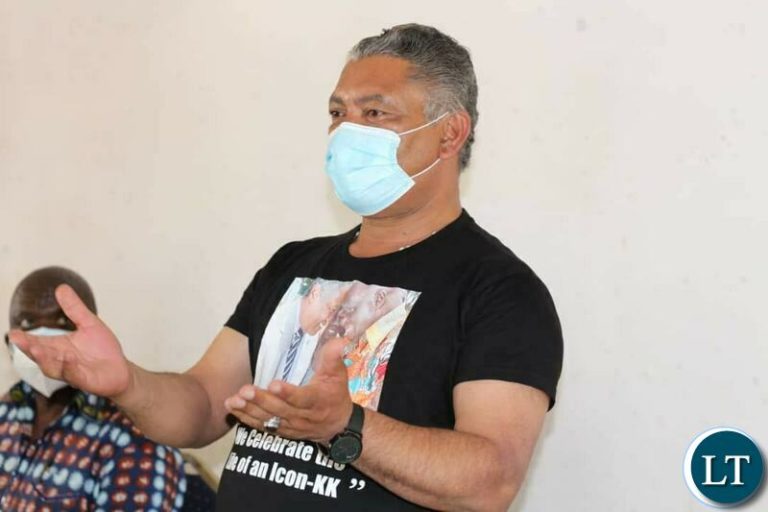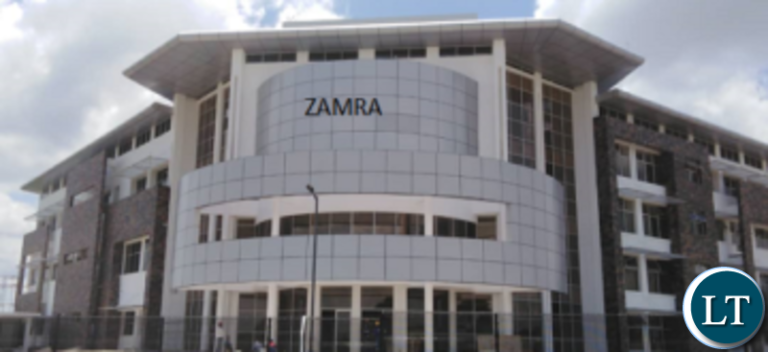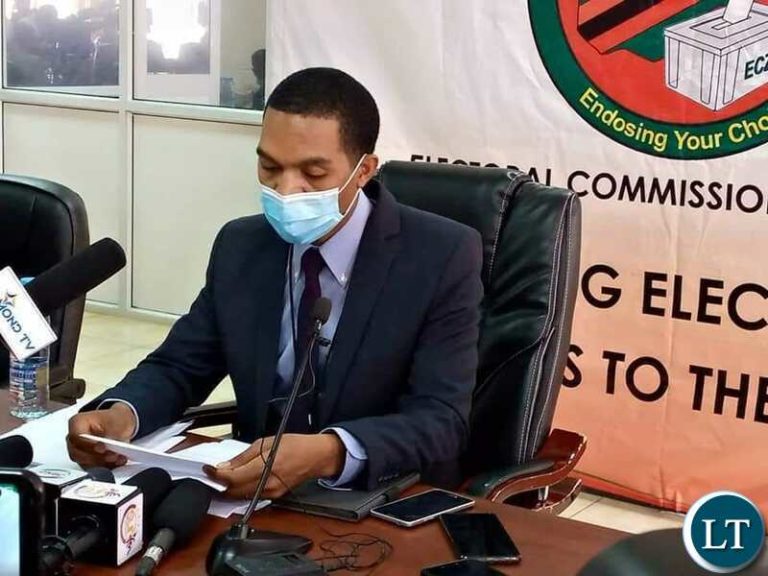More messages of condolences from World leaders to His Excellency, Dr Edgar Chagwa Lungu, President of the Republic of Zambia on the death of first President His Excellency Dr. Kenneth David Kaunda, have been received.
Pope Francis is saddened to learn of the death of Dr Kaunda and offered his heartfelt condolences to the President and the Zambian people.
“Mindful of Dr. Kaunda’s distinguished years of service as the first President of Zambia. His commitment to the education and advancement of young people and his efforts to promote fraternal unity within the nation and Africa as a whole, I commend him to the mercy of Almighty God. Upon all who mourn the late President I invoke the Divine blessings of consolation and peace,” the Head of the Catholic Church and Sovereign of the Vatican City State says.
Germany Chancellor Dr. Angela Merkel acknowledges that President Kaunda has left his mark on generations of Africans as Zambia’s founding father and first President of the Republic, as well as through his political activism embracing issues far beyond those affecting his own country.
“Mr President, I was greatly saddened to learn of the death of former President Dr. Kenneth Kaunda and wish to extend my condolences to you and the people of Zambia. With his passing, the Zambian people and Africa as a whole have lost an eminent figure, ” Chancellor Merkel said.
President Abdel Fattah Al Sisi of Egypt paid tribute to Dr Kaunda for laying the foundations of African solidarity and brotherhood over many years and that his role in consolidating peace and security contributed to achieving stability and prosperity in Zambia and the region.
“l extend my sincere condolences and sympathy to you on my own behalf and on behalf of the government of the Arab Republic of Egypt- and to the Zambian government, and the brotherly people of Zambia, and the family of the late President, “says the Egyptian leader.
Ethiopia’s President Mrs Sahle-Work Zewde says President Kaunda was the embodiment of Pan Africanism and demonstrated his great love of the continent as a freedom fighter, Statesman and visionary who will forever be remembered as a beacon of African independence.
“On behälf Of the Government and people of the Federal Democratic Republic of Ethiopia and that of my own, I wish to convey to Your Excellency, the bereaved family and the fraternal people of the Republic of Zambia, our heartfelt condolences during this time of national mourning, ” she writes.
Nigeria’s President Muhammadu Buhari says President Kaunda articulated the ideology of humanism and reflected a deep sense of humanity, which he displayed as the leader of Zambia for many years.
“The stability and peaceful development in Zambia owes a great deal to the foundation of tolerance and good governance he laid. Africa truly owes President Kaunda a huge debt of gratitude for his tireless and selfless championing of the causes of the peoples of our continent. He played a pivotal role in promoting African unity in the framework of the Organisation of African Unity and was one of the pillars of the growth of the Commonwealth, ” President Buhari says.
Prime Minister of Norway Ms Erna Solberg remembers Dr Kaunda as a Pan-Africanist and one of the most influential contributors to the battle against HIV and AIDS. “On behalf of the Norwegian Government, I would like to convey my deepest condolences on the death of the first President of the Republic of Zambia, His Excellency Dr. Kenneth David Kaunda.
President Alassane Quattara of Ivory Coast describes Dr Kaunda as a great servant of Zambia who, during his long and rich political career, arose to provide exceptional leadership through his resolved commitment to the African continent and towards the construction of Zambia.
His Majesty Sultan Haitham bin Tarik of Oman extends his condolences to President Lungu: “With profound grief, we received the news of the passing away of the former President, Kenneth Kaunda. We extend to Your Excellency, the bereaved family, and the friendly people of Zambia our deepest condolences and heartfelt sympathies on this loss. ”
And the Amir of the State of Qatar His Highness Tamim Bin Hamad Al-Thani said: “On behalf of the people of the State of Qatar and my own behalf, I want to express, on the sorrowful passing away of Zambia’s founding President, Kenneth Kaunda, our sincere condolences and sympathies to Your Excellency and, through you, to your friendly people, particularly to the bereaved family.
Messages of condolences have also been received from Qatar’s Deputy Amir Abdullah Bin Hamad Al-Thani and Qatar’s ‘Prime Minister and Minister of Interior Khalid Bin Khalifa Bin Abdulaziz Al-Thani.
President of Singapore Madam Halimah Yacob says Singapore will never forget Dr Kaunda’s support during that country’s early years of independence adding that he had many interactions with founding Prime Minister, the late Mr Lee Kwan Yew, and the two were leaders of newly independent states and were active participants in Commonwealth
And President of Georgia Ms Salome Zourabichvili said: “At this time of great grief, I would like to emphasise President Kaunda’s outstanding role in the history of Zambia and the whole African continent. I am confident that his memory will always live in the hearts of the Zambian people. May His soul rest in eternal peace!
Jamaican Prime Minister Mr Andrew Holmes says Jamaica was proud to have hosted President Kaunda at the Commonwealth Heads of Government Meeting held in Kingston in 1975.
“We are profoundly saddened at the loss of President Kaunda, a visionary and dedicated statesman who served his country with pride and distinction. We also recall his dedication to regional development through his Chairmanship of the former Organisation of African Unity, and his determination to work at the multilateral level to advance the welfare of the African continent. Jamaica stands in solidarity with the Government and people of the Republic of Zambia as you mourn the loss of a distinguished son of Africa, ” Prime Minister Holmes says.
Meanwhile, World Bank Country Manager for Zambia, Eastern and Southern African region Dr. Sahr Kpundeh says the World Bank was honoured to have worked in partnership with President Kaunda’s administration, supporting important priorities in the education, health, social protection, infrastructure-sectors among other sectors.


